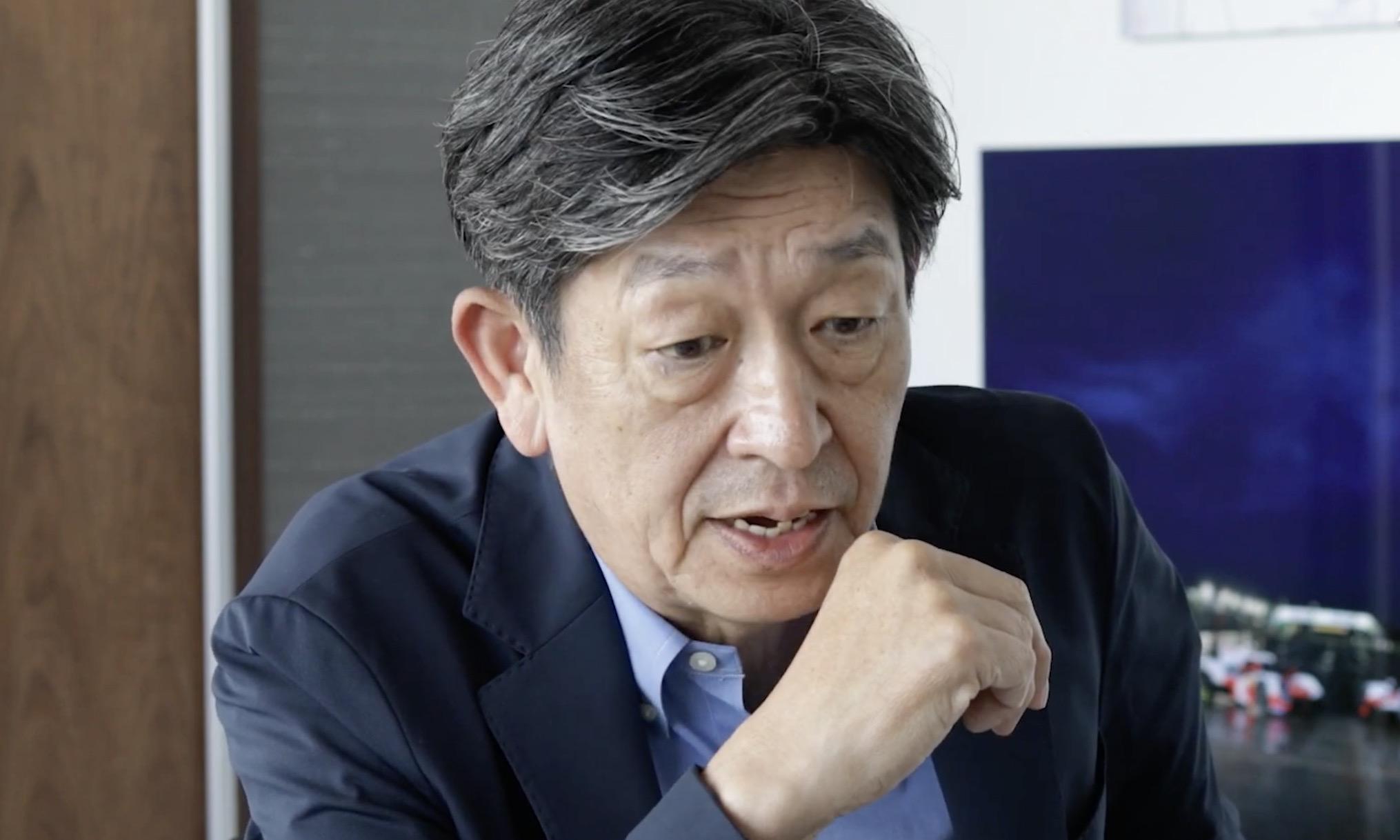Toyota executive Ted Ogawa has publicly questioned the financial wisdom of a swift transition to fully electric vehicles (EVs), advocating instead for a balanced approach that includes purchasing emissions credits to meet climate goals. According to Ogawa, the current market demand does not justify the massive investment required for a complete shift to EVs.
Toyota's Ogawa Prioritizes Customer Demand Over Full EV Shift, Questions Investment Value
Ogawa argued that funds would be more effectively allocated towards emissions credits to achieve climate objectives.
"Wasted investment is worse than the credit purchase," Ogawa said, according to Automotive News.
Ogawa believes that the present demand for electric vehicles is insufficient to support a comprehensive transition from gas-powered and hybrid vehicles to electric cars. As he explained:
"Again, our starting point is what the customer demand should be. So, for example, 2030 regulations said the new-car market, more than half of 'it should be BEV, but our current plan is like 30%."
Ogawa further asserted that, notwithstanding the EPA's reevaluation of the EV regulations and potential modest reversal thereof, it is presumably more prudent from a business standpoint to consider customer preferences, which diverge from those of the agency:
"I know that EPA is now reconsidering what the regulation level should be…We are respecting the regulation, but more important is customer demand."
Toyota Balances EV Development with Realism Amid Industry's Rush Toward Electrification
Further expounded upon this notion, asserting that the organization would be better off procuring credits from other automotive manufacturers as opposed to enduring a "wasted investment" in which, for instance, it would invest billions in electric vehicle (EV) development, including battery production, to qualify for U.S. incentives.
Teslarati reports that Toyota has already established its premier U.S. facility in Kentucky and has committed to a $1.3 billion EV development offensive.
Toyota Australia's VP of Sales and Marketing, Sean Hanley, said earlier this year that the company's skepticism regarding EVs is not an "anti-EV" stance. Still, it is simply the company "being real."
"Toyota's not anti-EV. We're actually not. And we want to play in that market. We want to be part of it. We're excited by it. We just don't see it as the golden bullet or the single golden bullet towards carbon neutrality," Hanley said. "Some interpret it as Toyota being anti-BEV. No, we're not. We are just being real. We're being honest with the market and the position."
Toyota's argument is intriguing, considering where other companies have been led by committing to more aggressive EV efforts. Climate objectives are, on the one hand, what the EPA considers crucial to achieving climate goals. Conversely, globally, the most prominent corporations are in precarious financial situations and reversing their investments.



 DeepSeek AI Model Trained on Nvidia Blackwell Chip Sparks U.S. Export Control Concerns
DeepSeek AI Model Trained on Nvidia Blackwell Chip Sparks U.S. Export Control Concerns  Meta Signs Multi-Billion Dollar AI Chip Deal With Google to Power Next-Gen AI Models
Meta Signs Multi-Billion Dollar AI Chip Deal With Google to Power Next-Gen AI Models  Nintendo Share Sale: MUFG and Bank of Kyoto to Sell Stakes in Strategic Unwinding
Nintendo Share Sale: MUFG and Bank of Kyoto to Sell Stakes in Strategic Unwinding  OpenAI Faces Scrutiny After Banning ChatGPT Account of Tumbler Ridge Shooting Suspect
OpenAI Faces Scrutiny After Banning ChatGPT Account of Tumbler Ridge Shooting Suspect  Anthropic Refuses Pentagon Request to Remove AI Safeguards Amid Defense Contract Dispute
Anthropic Refuses Pentagon Request to Remove AI Safeguards Amid Defense Contract Dispute  OpenAI Targets $600B Compute Spend as IPO Valuation Could Reach $1 Trillion
OpenAI Targets $600B Compute Spend as IPO Valuation Could Reach $1 Trillion  Apple to Begin Mac Mini Production in Texas Amid $600 Billion U.S. Investment Plan
Apple to Begin Mac Mini Production in Texas Amid $600 Billion U.S. Investment Plan  Samsung Electronics Stock Poised for $1 Trillion Valuation Amid AI and Memory Boom
Samsung Electronics Stock Poised for $1 Trillion Valuation Amid AI and Memory Boom  Amazon’s $50B OpenAI Investment Tied to AGI Milestone and IPO Plans
Amazon’s $50B OpenAI Investment Tied to AGI Milestone and IPO Plans  Nvidia Earnings Beat Expectations as AI Demand Surges, Stock Rises on Strong Revenue Outlook
Nvidia Earnings Beat Expectations as AI Demand Surges, Stock Rises on Strong Revenue Outlook  xAI’s Grok Secures Pentagon Deal for Classified Military AI Systems Amid Anthropic Dispute
xAI’s Grok Secures Pentagon Deal for Classified Military AI Systems Amid Anthropic Dispute  Snowflake Forecasts Strong Fiscal 2027 Revenue Growth as Enterprise AI Demand Surges
Snowflake Forecasts Strong Fiscal 2027 Revenue Growth as Enterprise AI Demand Surges  Synopsys Q2 Revenue Forecast Misses Expectations Amid China Export Curbs and AI Shift
Synopsys Q2 Revenue Forecast Misses Expectations Amid China Export Curbs and AI Shift  OpenAI Hires Former Meta and Apple AI Leader Ruomin Pang Amid Intensifying AI Talent War
OpenAI Hires Former Meta and Apple AI Leader Ruomin Pang Amid Intensifying AI Talent War  Samsung and SK Hynix Shares Hit Record Highs as Nvidia Earnings Boost AI Chip Demand
Samsung and SK Hynix Shares Hit Record Highs as Nvidia Earnings Boost AI Chip Demand 































